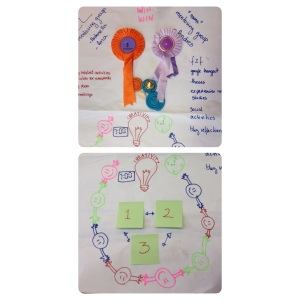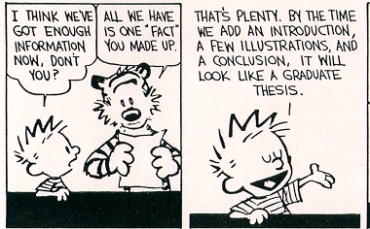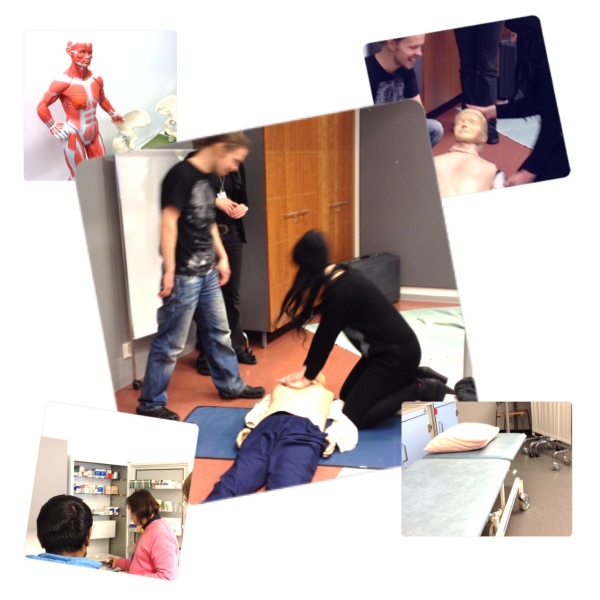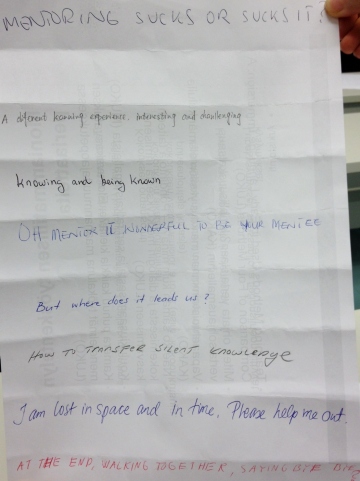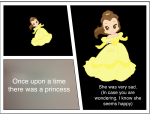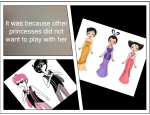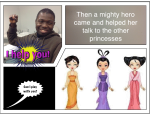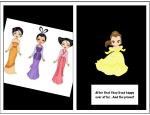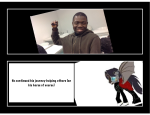In May we have had two mentoring sessions. One was about expertise in working life, focusing on how to prepare curriculum vitae and also the aspects to consider when applying to a job position or going to a job interview. Only one mentee was present to the lecture given by Aino-Maria Palosaari. She has discussed about interesting things but what called my attention most is that she mentioned many times the need of being honest and being oneself, no matter the situation. In fact, I think this kind of behavior is proper in any relationship.
The other mentoring session was the final meeting with all mentors and mentees together with the teachers. It was a very good meeting in many ways. It gave a sense of task completed. We have had two main activities. One was meeting with members of other groups to analyze the process. We have shared our experiences and we mentioned positive and negative points of our process. At the end, we have made a poster to represent the discussions. It was very good to be able to reflect on the process, especially with a person from other group, who had different experiences.
The other part of the program was a lecture by the artist Einari Hyvönen. He mentioned about his career path and his experiences as a mentee in his field. I enjoyed very much listening to him. He is talented and conscious of his talents but also conscious of his limitations. He knows in what he can help others and in what he needs to ask for help himself. It was a very good lecture and helped in considering our own experiences, expertise and limitations and how to make good use of them all.
It is good to have this process finished. It gives a sense of completed duty because I have put efforts into taking advantage of being a mentee as well as a mentor.

